9 ways to cool down a hot apartment in winter – and they don't cost the earth
HVAC experts share their top tips for climate control when you don't control your thermostat
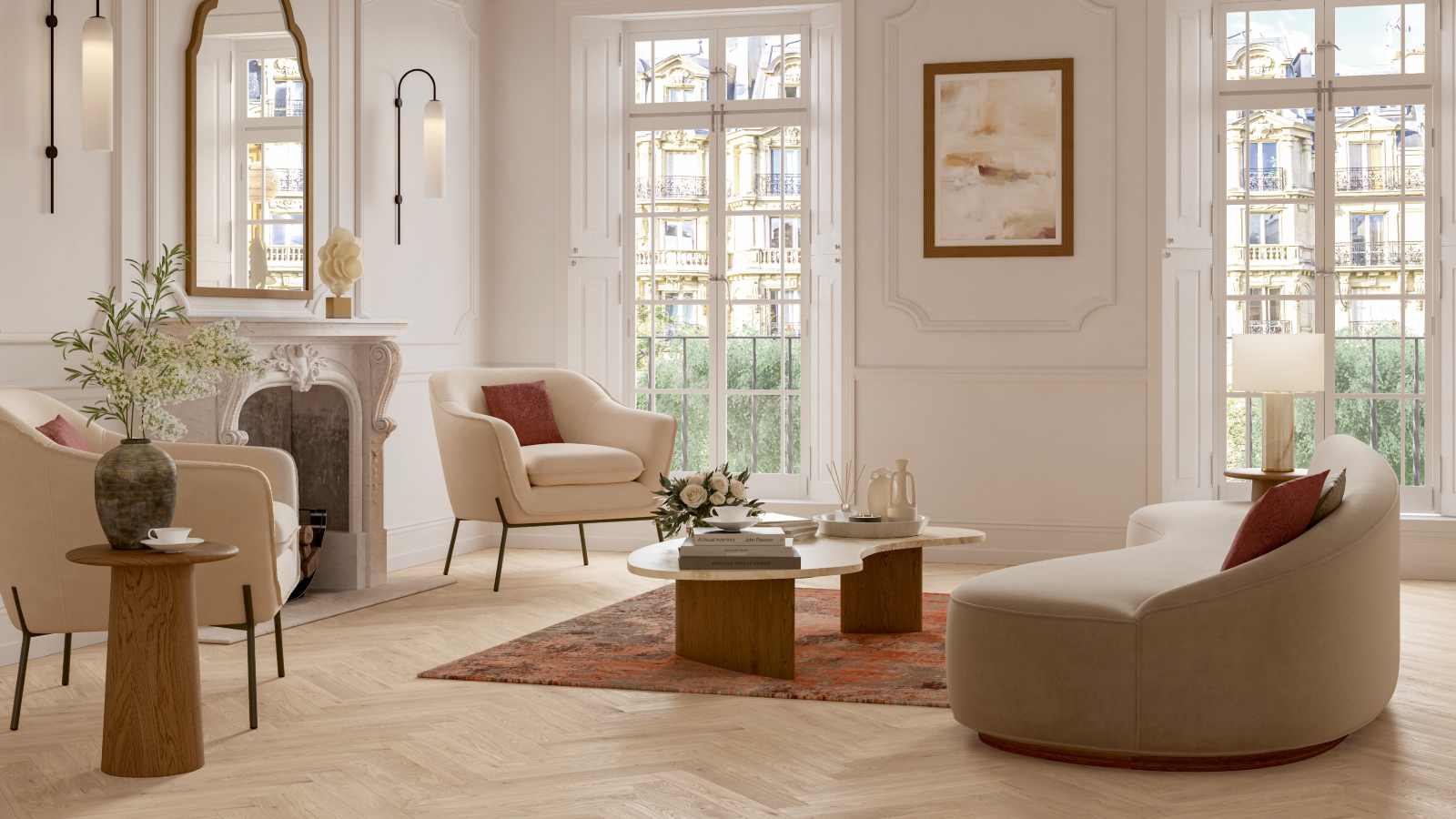

During winter, we usually focus on keeping our homes and apartments warm and energy bills low. But what if you don't have control of your thermostat?
Rented apartments are commonly regulated and monitored by landlords, which can make it difficult to control the temperature throughout the year. While a cozy apartment is ideal, sometimes soaring temperatures and inconsistent heating can cause overheating – even in winter.
So, we spoke to HVAC experts for their tips on cooling down a living room, bedroom, or bathroom in an uncomfortably hot apartment this winter.
How to cool down a hot apartment in winter
1. Cover your radiators
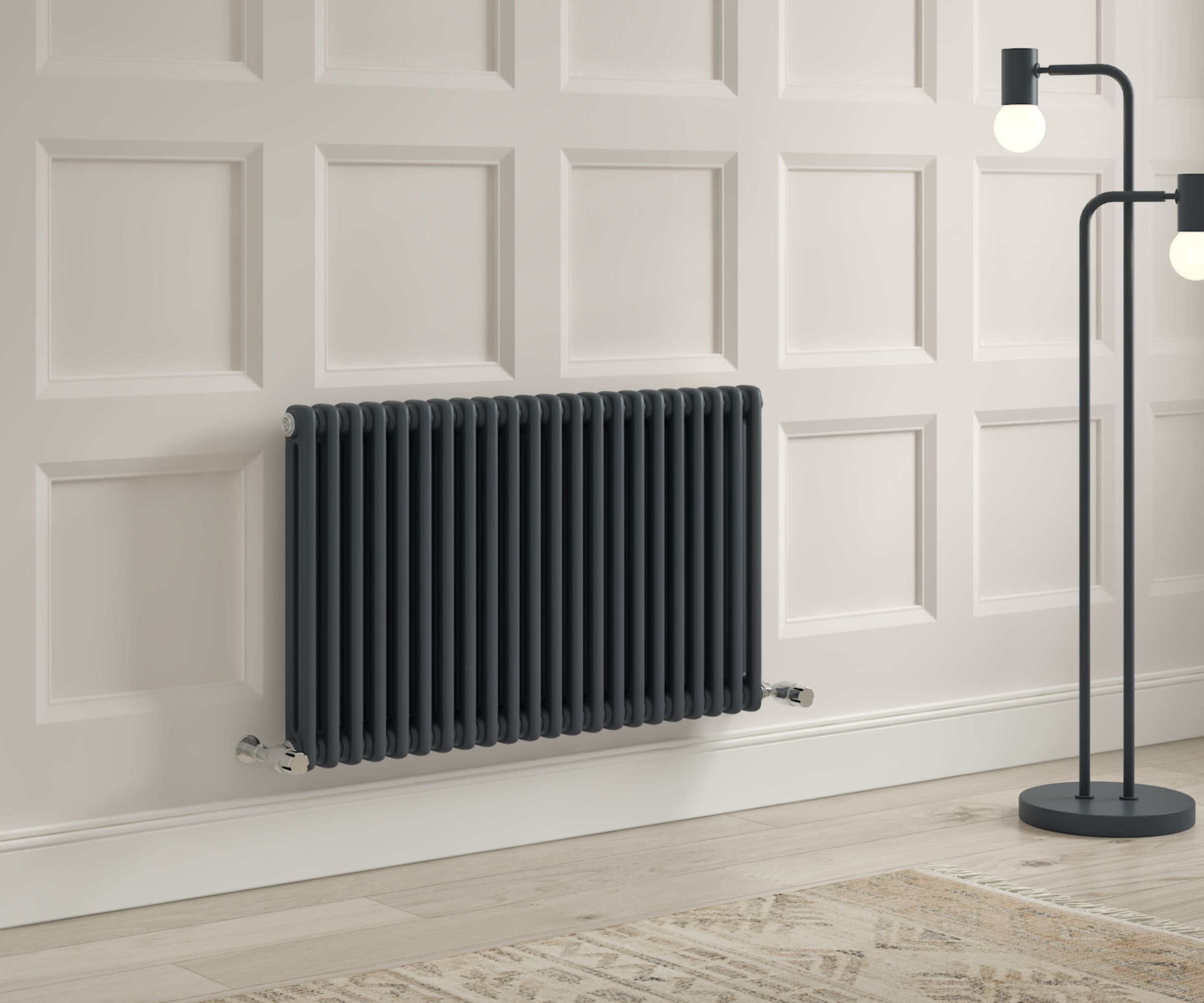
As the most common home heating type, and the main source of heat in your home, covering your radiators is a good way to cool down your hot apartment if you are unable to turn them off.
WG Hickman, owner of Tri-County Air Service recommends, 'cover[ing] the radiators with heavy damp towels. Damp towels will absorb the heat coming from radiators and release the moisture into the room, which can help feel cooler.'
You can also use insulated blankets or heat-resistant coverings. 'The Reflective Insulation Foam from Amazon is a fantastic choice,' recommends Jeffrey Chase, associate of HVAC Express Contracting. 'It does not take up much space in your room, is simple to install and reflects heat back to the walls.'
2. Use a fan
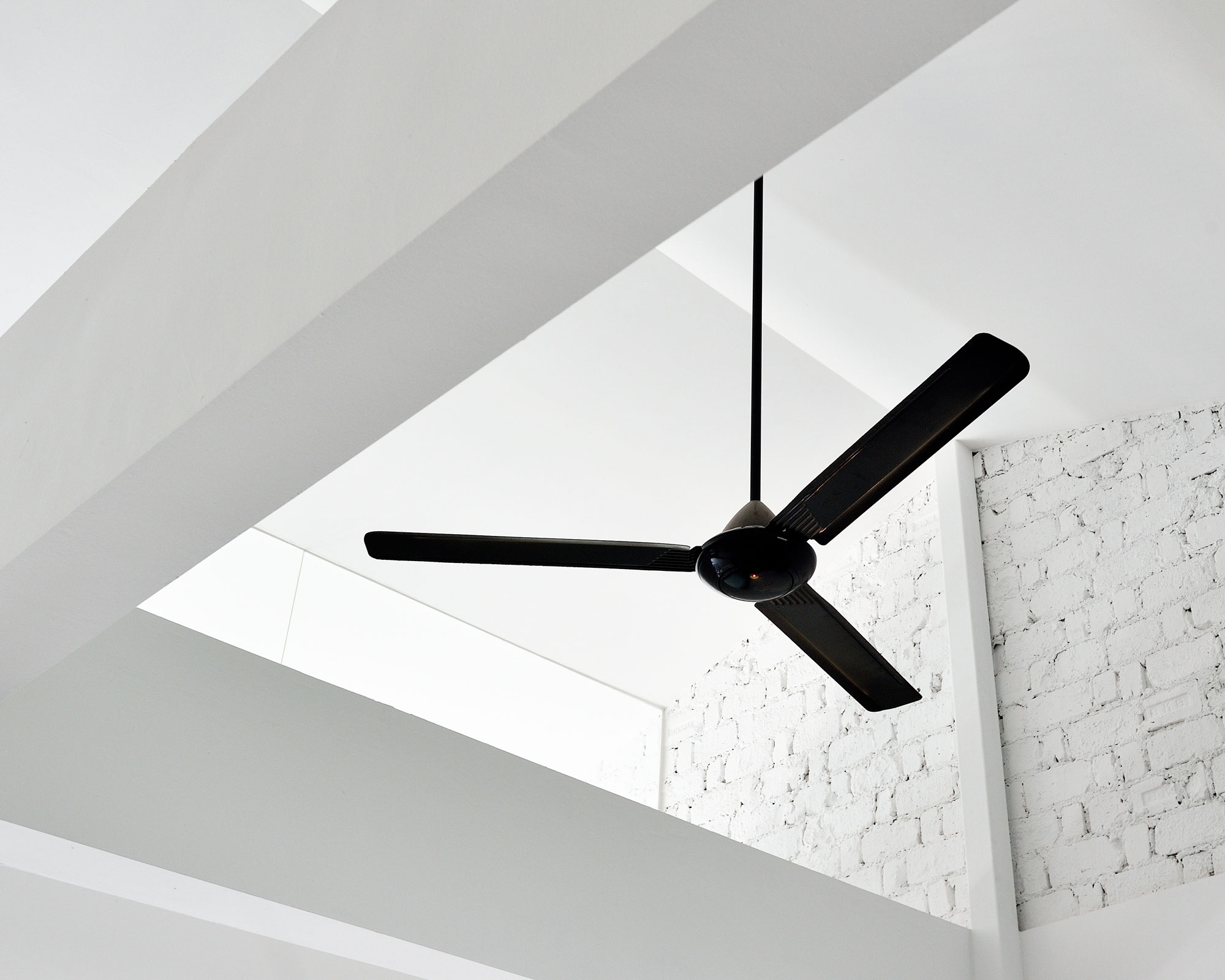
'The best fans aren't just for summer,' says HVAC expert Jeffery Chase. 'When your apartment seems like a sauna, fans come to the rescue. You can release some of the stored heat by pointing a box fan or tower fan toward an open window, or you can just let the fan circulate the air to make it feel colder.'
Chase recommends the best-selling Lasko Tower Fan available at Walmart, which is ideal for tiny bedrooms and small living rooms due to its narrow design.
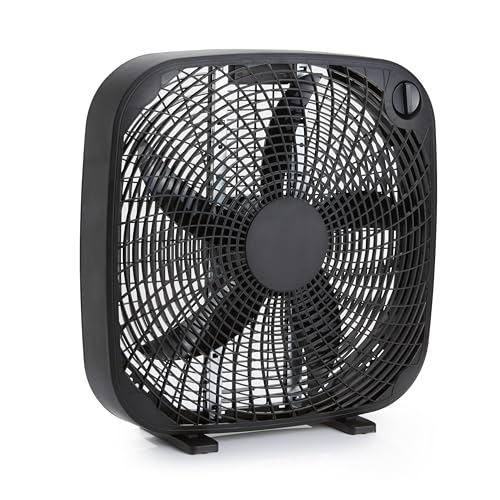
'This fan is a reliable and reasonably priced choice if you are searching for something basic to help you cool off,' says Chase.
3. Partially close radiator dampers
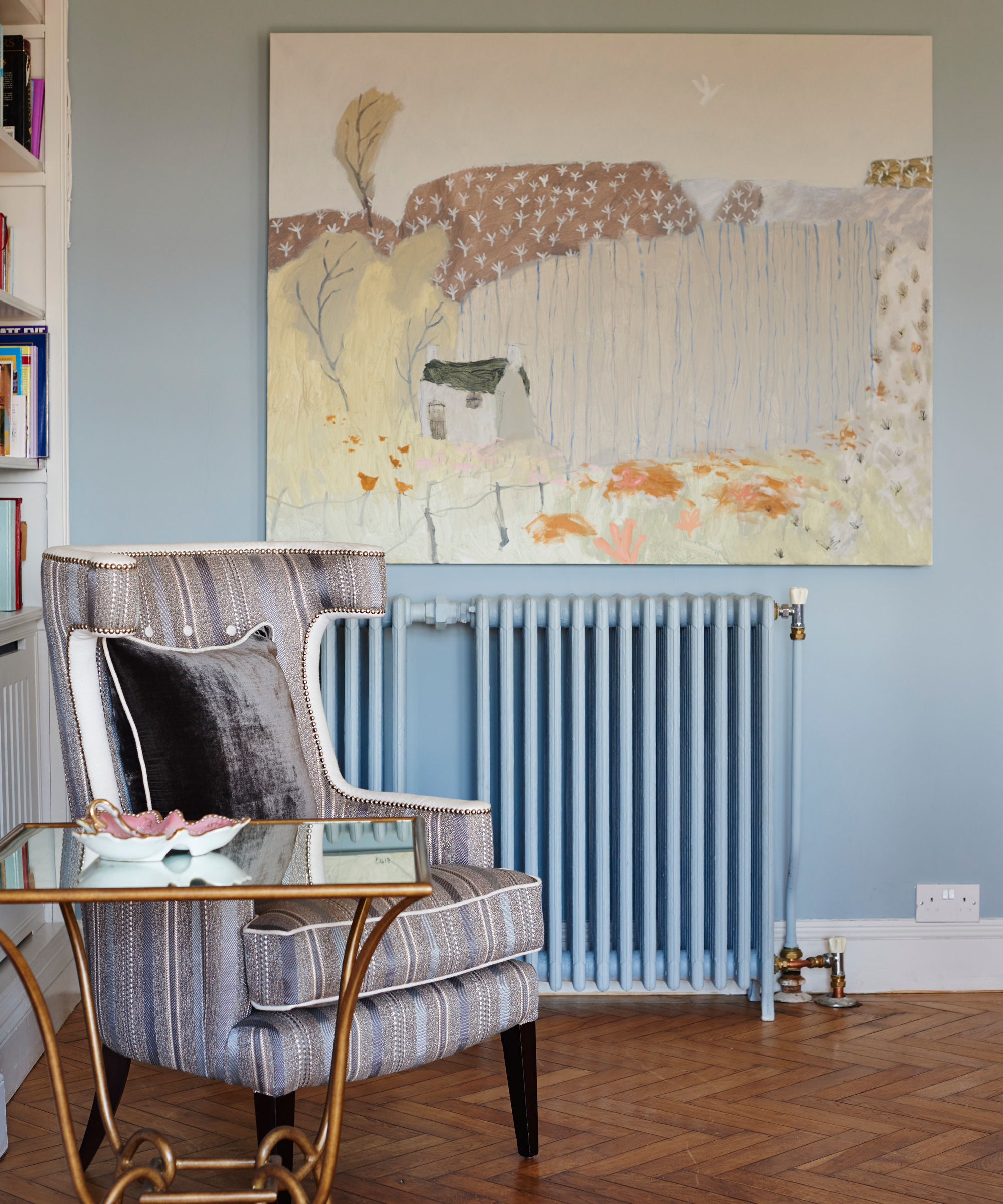
'Check if your radiators or baseboard heaters have small dampers, and if they do, close them partially to reduce the amount of heat flowing into your apartment,' says HVAC expert Hickman. 'Remember that entirely blocking the airflow is bad for the heating system and can have bad consequences such as ductwork damage, meaning you should avoid adjusting dampers more than halfway closed.' Always contact an HVAC expert or your building manager if you're unsure, or read our expert-led, dedicated guide for tips on heating problems you can repair yourself.
Adjusting your dampers can also be used for heating as well as cooling, such as keeping a mudroom warm.
4. Turn down the temperature of your water heater
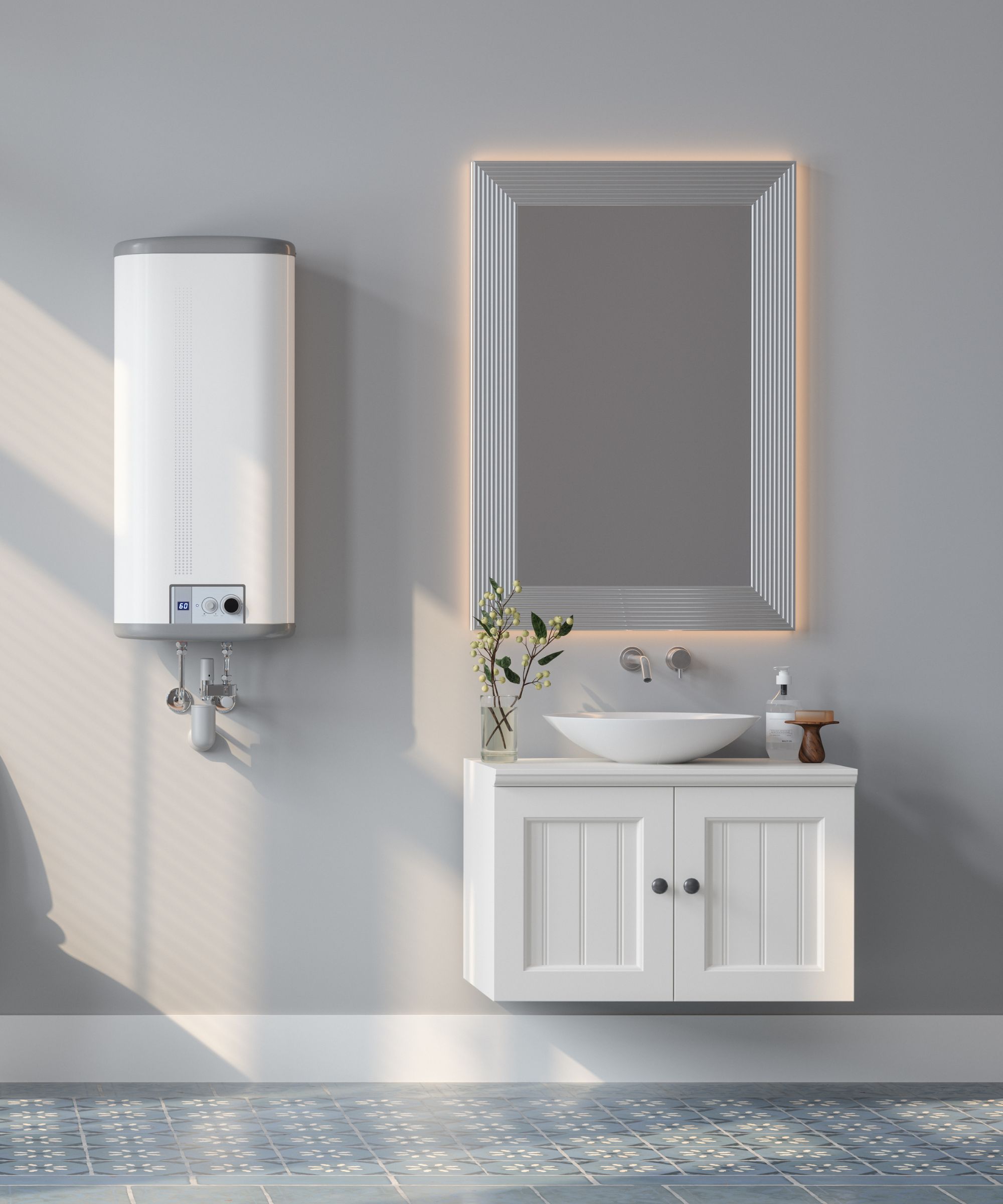
When dealing with a hot apartment in winter, essential water heater maintenance can be used to solve common water heater problems and reduce the temperature of your home.
'Turn down the temperature of your hot water heater to 120 degrees Fahrenheit (48.8 degrees Celsius) as recommended by the US Department of Energy,' says Christine Ciavardini from MD Energy Advisors. 'Most gas water heaters are set to 140 degrees. Every ten degree reduction in temperature can save up to five per cent on gas water heating costs.'
5. Shut curtains and blinds
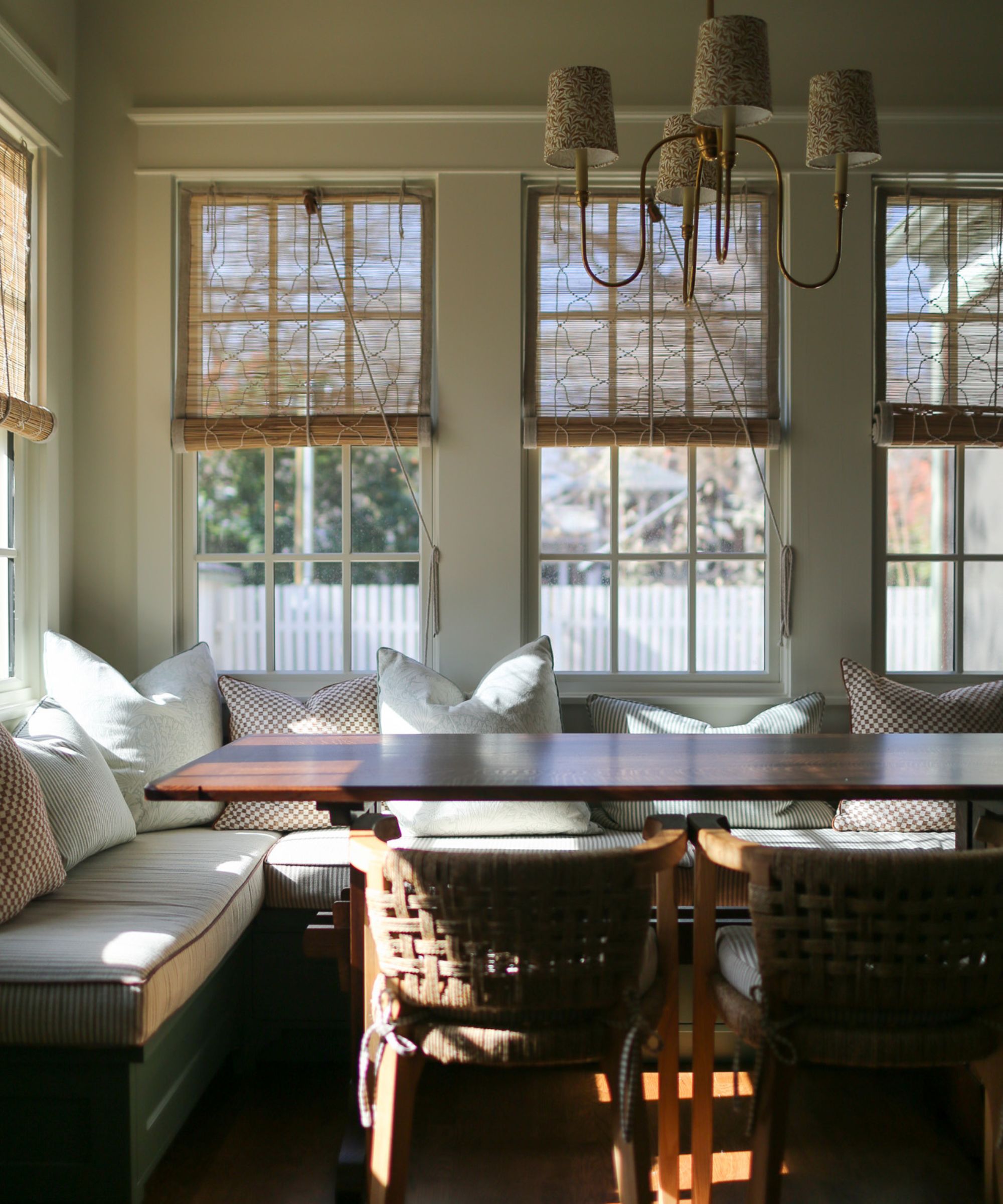
While shutting windows and blinds can be used to keep your house warm without turning up the heat, it is also an effective way to cool your space down.
'Sunlight can raise the temperature in your flat even in winter, especially in the afternoon,' says HVAC expert Chase. 'During the day, close your drapes or blinds to block the sun.'
If you're really struggling with heat, Chase recommends using blackout curtains, such as the bestselling Sun Zero Nolan Energy Efficient Blackout Grommet Single Curtain Panel available at Walmart. 'These will help insulate your room and block sunlight,' he adds. Reviewers highlight the price, hang, and length of the curtains, which are available in 21 colorways.
If your apartment has shutters, closing these will have the same effect.
6. Use heat and air deflectors
'I recommend using Frost King Heat and Air Deflectors available at Amazon,' says HVAC expert Hickman, 'with the help of which you can direct the air coming from radiators or ducts toward a window or wall, so the heat is dispersed away from your living area and you feel cooler.'
These are heavy-duty with a strong magnetic hold, made of unbreakable plastic, perfect for keeping your attic at a comfortable temperature year-round. 'Such heat deflectors are cheap and often adjustable, so you can use them for radiators of different sizes,' adds Hickman.
7. Crack a window
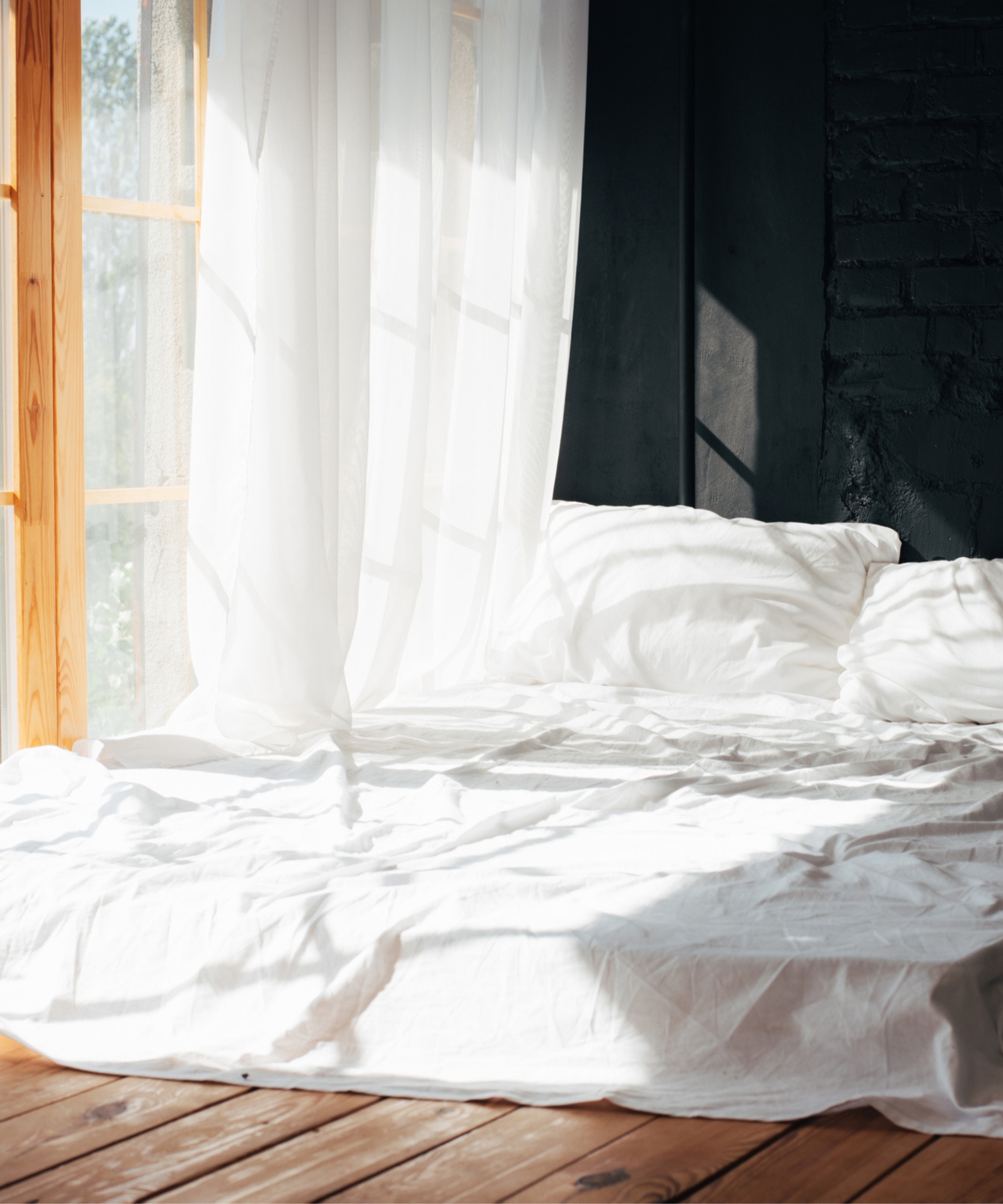
Wondering how often you should open your windows in winter? While opening a window is an obvious fix to a hot apartment, it's important not to open them too far in winter.
'Opening a window might be beneficial when the temperature rises too much,' says HVAC expert Chase. 'A small amount of the heat that has been contained can now escape. Just enough opening will allow things to cool off without freezing you – do not open it all the way.'
Because of this, it's best not to leave windows open when you're out all day, to avoid returning to an apartment that's too cold. However, sleeping with your window open in winter is recommended by experts if your apartment is too hot, as it can help you sleep. Just shut it in the morning before heading out.
To cool down an apartment quickly, consider trying the viral window hack for heatwaves. Simply open two windows, one on either side of your home, to create a cross-breeze that will effectively and efficiently cool your space.
8. Switch to lighter bedding
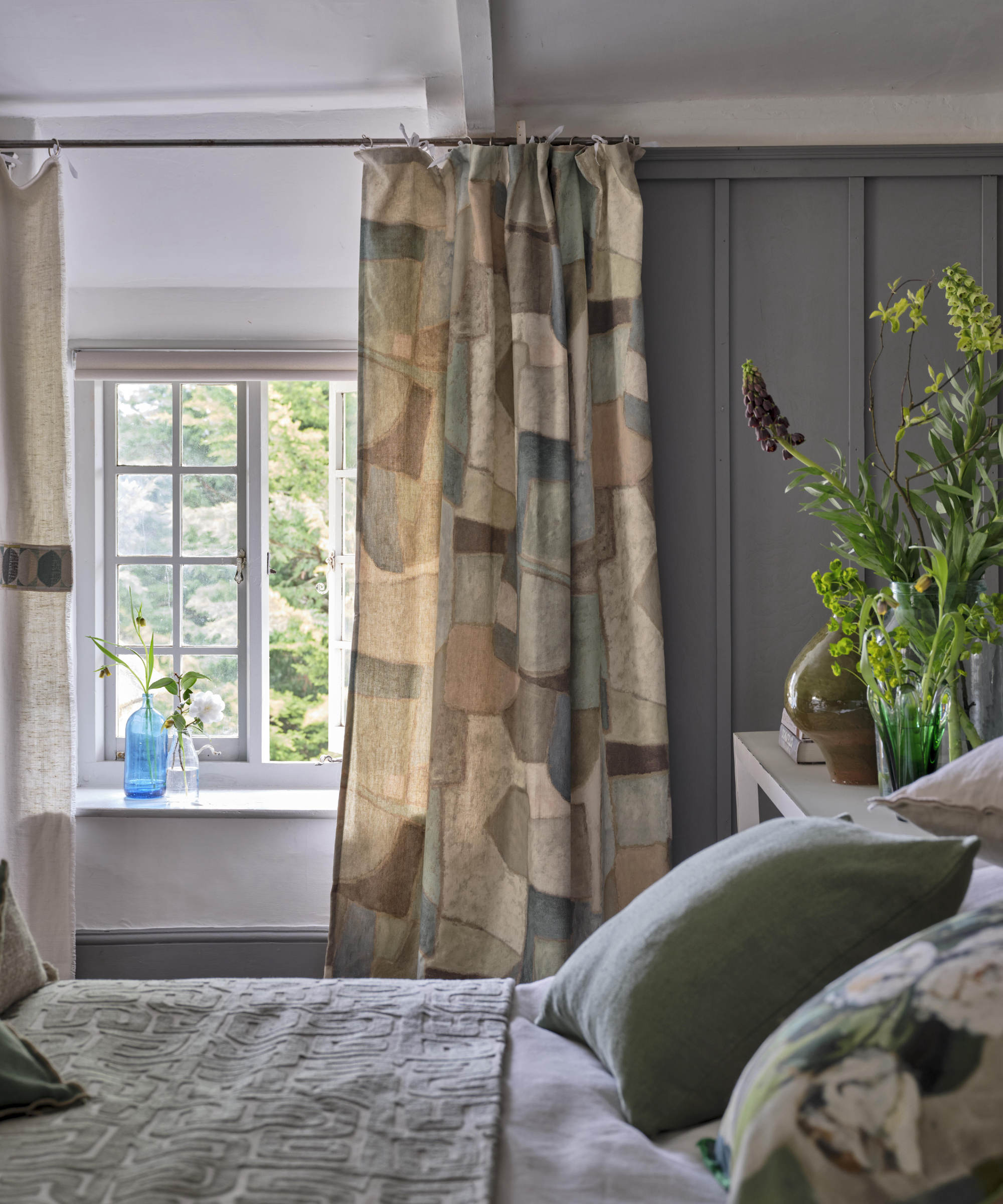
While switching to lighter bedding won't cool down your entire hot apartment – your bed could be making your bedroom too hot and be the cause of nighttime overheating.
'Replace your heavy winter blankets with a lighter option, such as the Bare Home Microfiber Sheet Set available on Amazon,' says HVAC expert Chase. 'Lightweight and breathable linens can make a big difference if your flat is overheating,' to keep a bedroom cool.
Don't be tempted to sleep with your air-conditioning on overnight, as HVAC experts warn you should turn off your AC at night as it may be harmful to your health and energy bills.
9. Use a humidifier
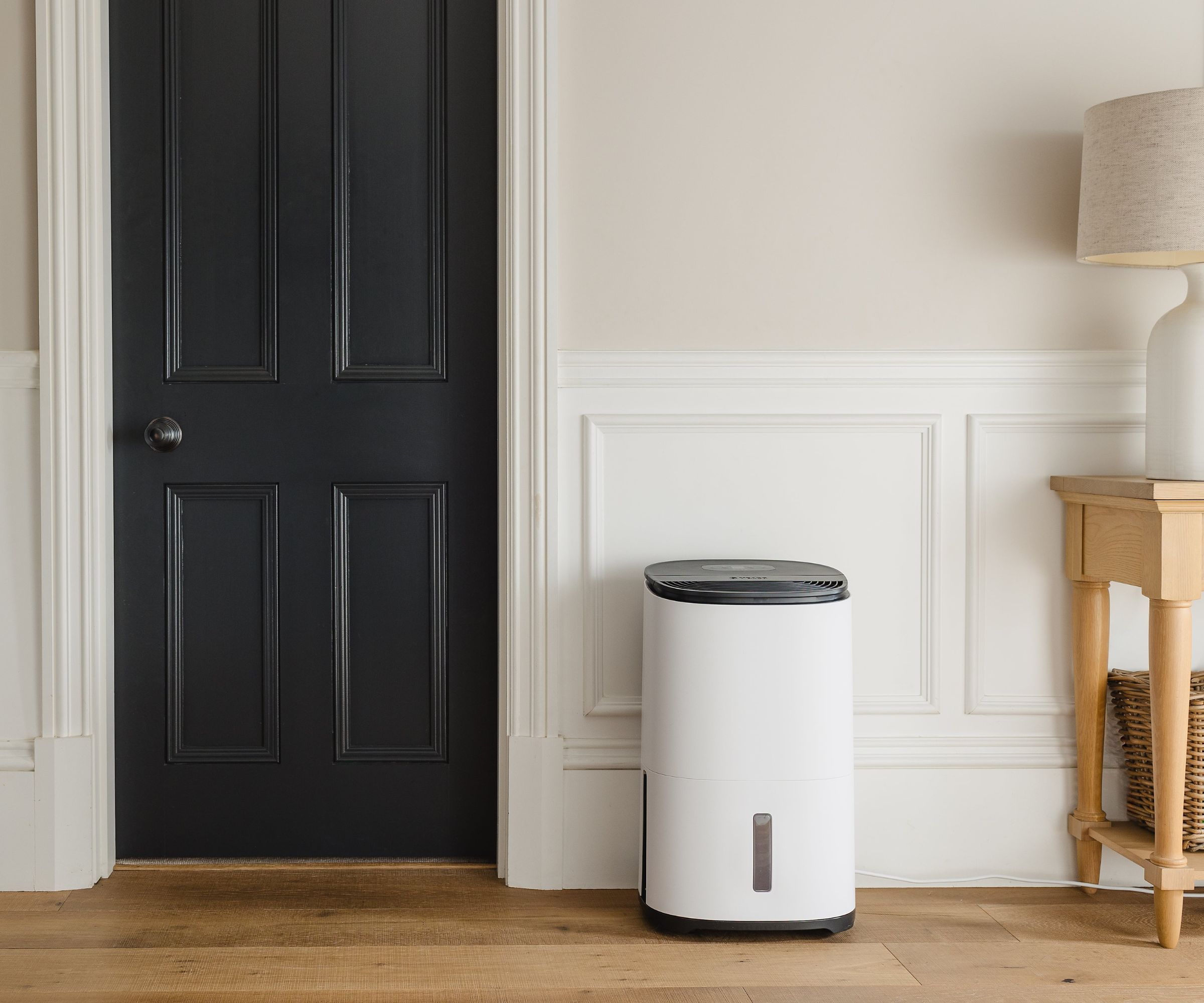
'Keep in mind that humid air feels cooler,' says HVAC expert Hickman. 'So, if you have humidity levels in your apartment lower than 40 per cent, you can use a humidifier to increase it to 50 per cent.'
Ensure you clean your humidifier regularly to ensure maximum efficacy.
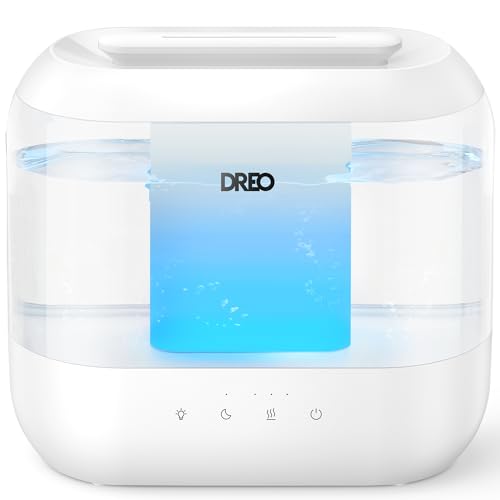
This humidifier features a 4 liter tank, to provide 32 hours of moisture without the need to refill. It has an easy, top-fill design, and can also be used for aromatherapy sessions with essential oils.
All prices were correct at time of publication.
FAQs
Why will my apartment not cool down?
If your apartment won't cool down no matter what steps you take, it is likely a result of poor ventilation. There are several ways to improve ventilation in your home, such as fitting a ceiling fan, bathroom exhaust fan, or a range hood. Always speak to your building manager before making any major improvements to the space.
If you're dealing with the opposite problem - an apartment that's too cold even with heating, take the above advice and reverse it, advises HVAC expert Chase.
Open blinds to let sunlight warm your space, keep windows closed, and invest in a cozy, winter duvet. To keep a poorly insulated house warm, you can use window film as a cheap alternative to double glazing, block drafts, and use heaters strategically around your space rather than fans.
Sign up to the Homes & Gardens newsletter
Design expertise in your inbox – from inspiring decorating ideas and beautiful celebrity homes to practical gardening advice and shopping round-ups.

Ottilie joined Homes & Gardens last year, after finishing a Master's in Magazine Journalism at City, University of London. With previous contributions in Livingetc and Motorsport Magazine, she produces content for the Solved section on the website, focusing on clever tips and tricks to keep your home beautiful, organized and clean. She also has an undergraduate degree in English Literature and History of Art from the University of Edinburgh, where she developed a love for inspiring interiors and architecture.
-
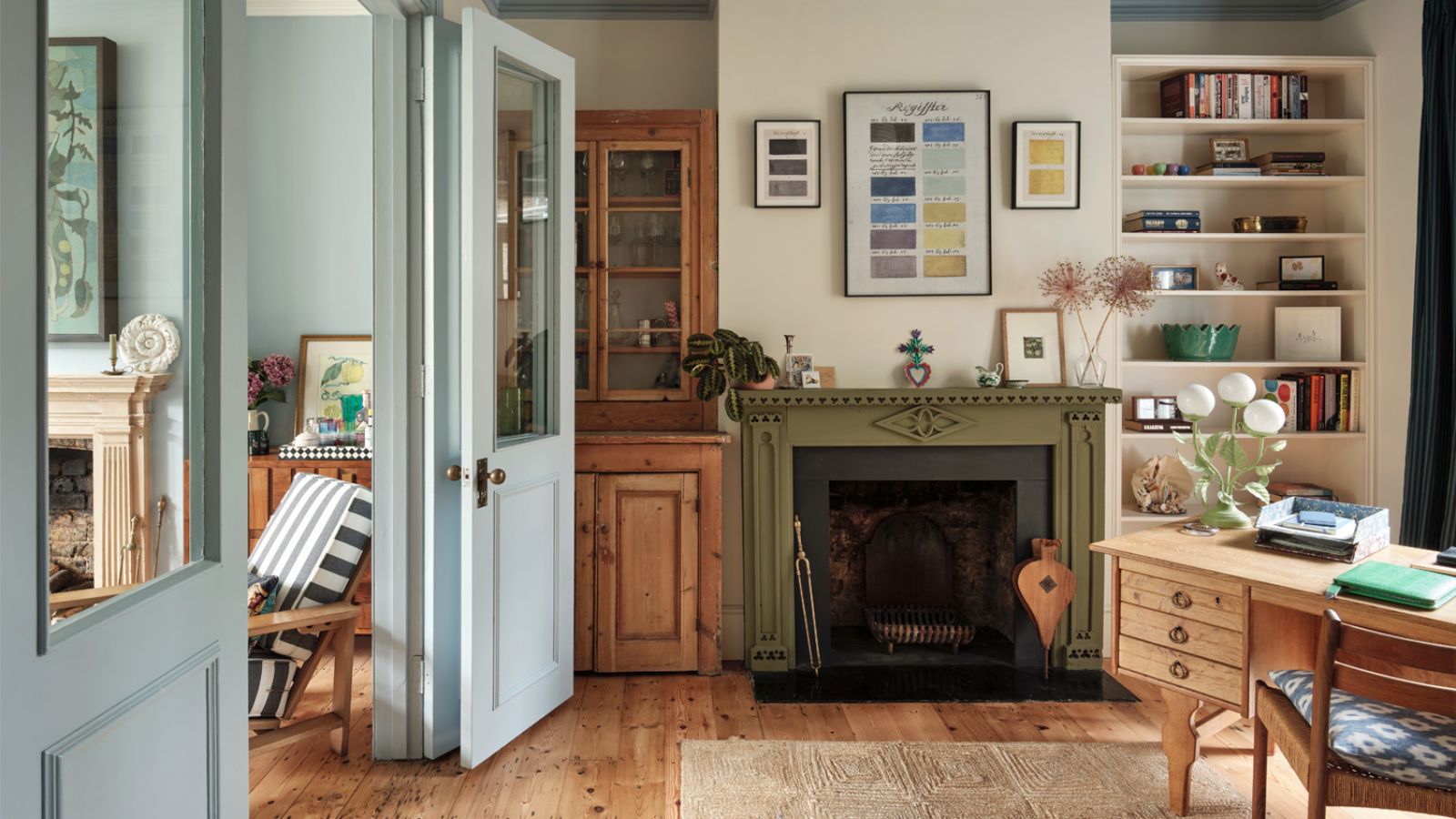 5 surprising but brilliant ways to clean with old socks – from perfectly buffing stainless steel to deterring pests naturally and more
5 surprising but brilliant ways to clean with old socks – from perfectly buffing stainless steel to deterring pests naturally and moreTackle dust in tricky corners, clean your mirrors and even banish bad odors with those rogue single socks
By Andy van Terheyden Published
-
 How to grow astilbe – expert advice on cultivating this shade-tolerant flowering perennial
How to grow astilbe – expert advice on cultivating this shade-tolerant flowering perennialShade-tolerant and pest-resistant - astilbe are hardy and tough perennials that can thrive in many settings
By Ellen Wells Published
-
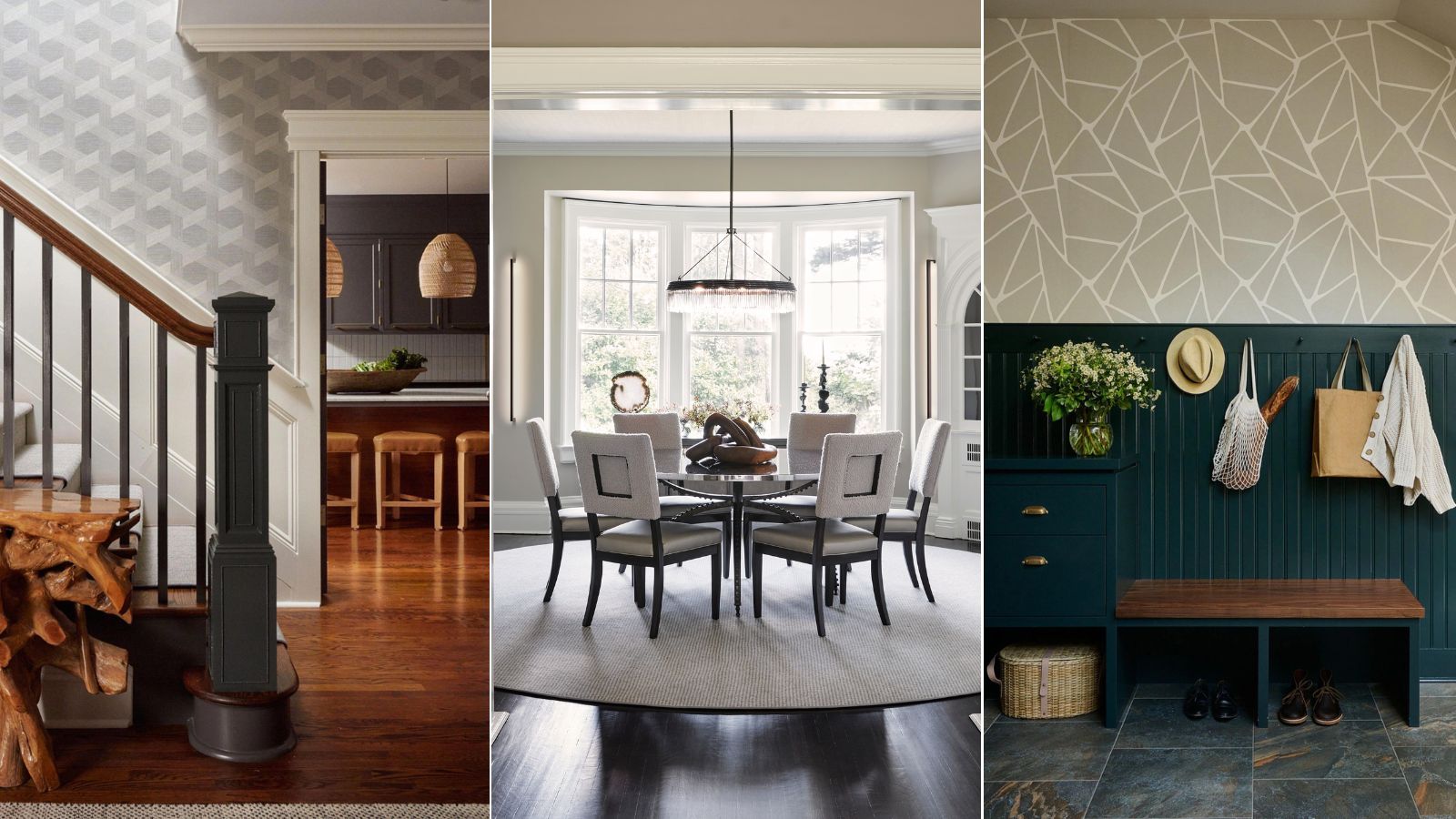 Experts explain what to do if your house is cooling unevenly – and why it happens in the first place
Experts explain what to do if your house is cooling unevenly – and why it happens in the first placeHVAC pros delve into why your house is hot in one room and cold in another, and what you can do about it
By Anna K. Cottrell Published
-
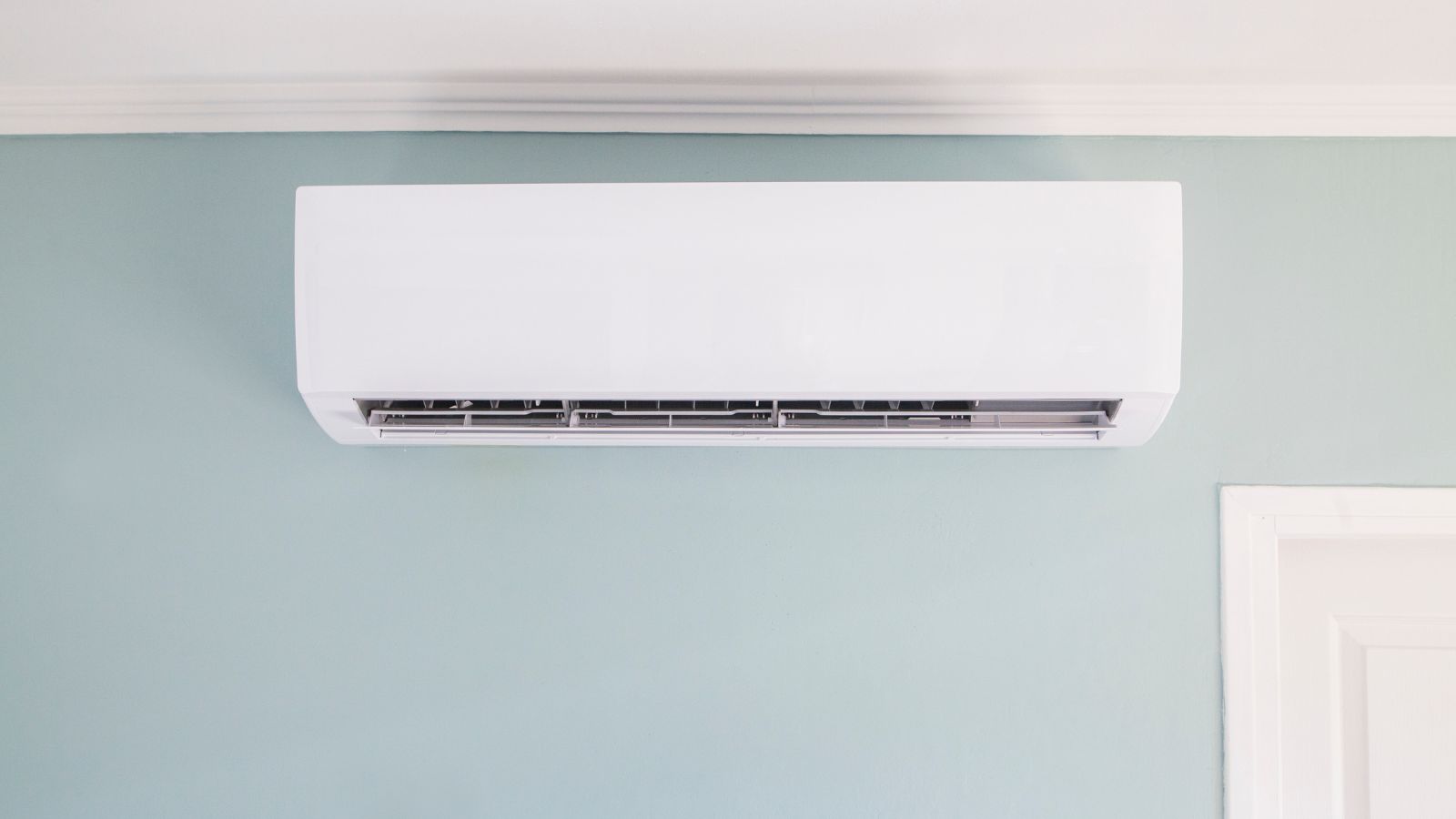 Portable air conditioners vs central AC units: the difference, pros, cons and which is best for you
Portable air conditioners vs central AC units: the difference, pros, cons and which is best for youOur HVAC pro compares portable and central AC to help you decide the better fit for your home
By Punteha van Terheyden Published